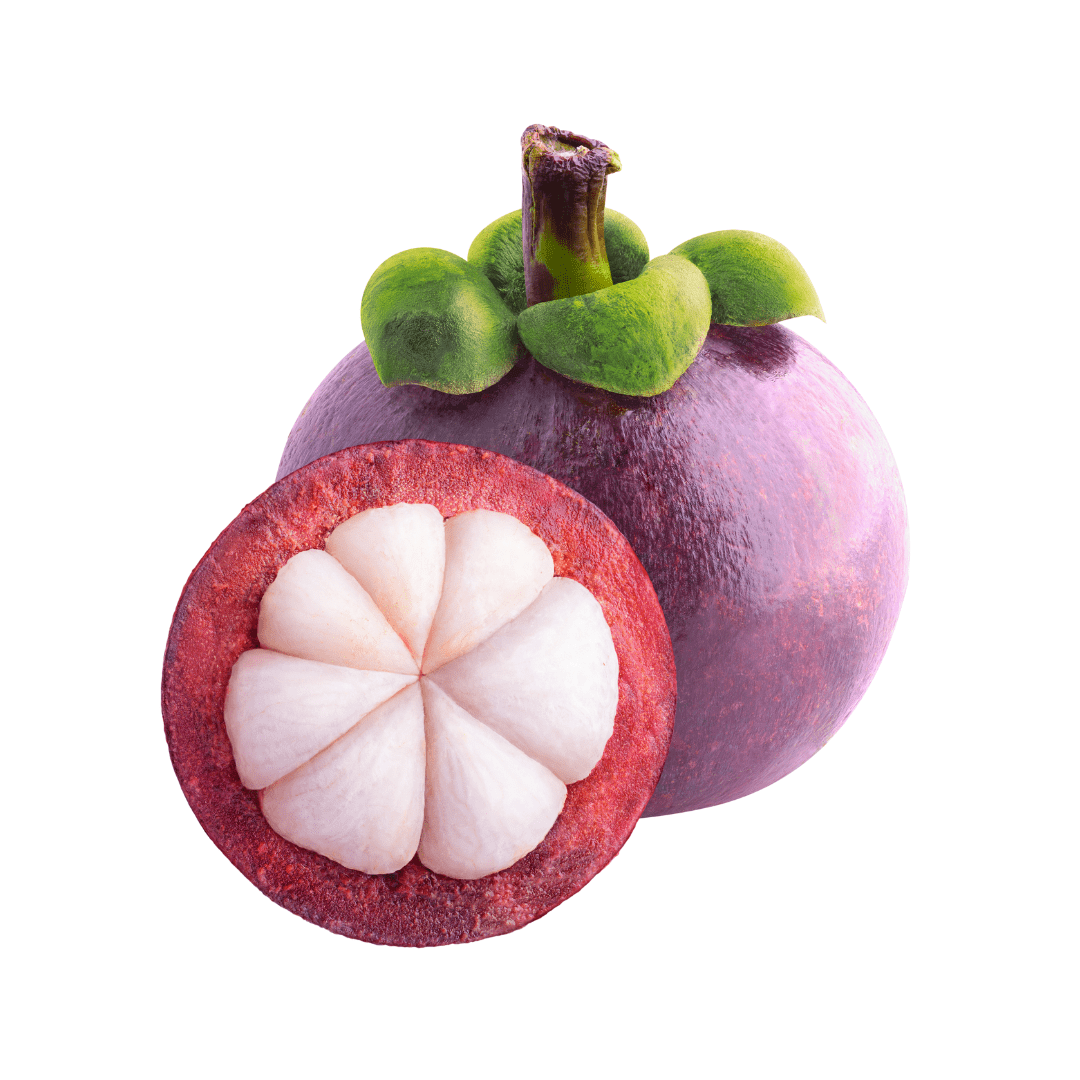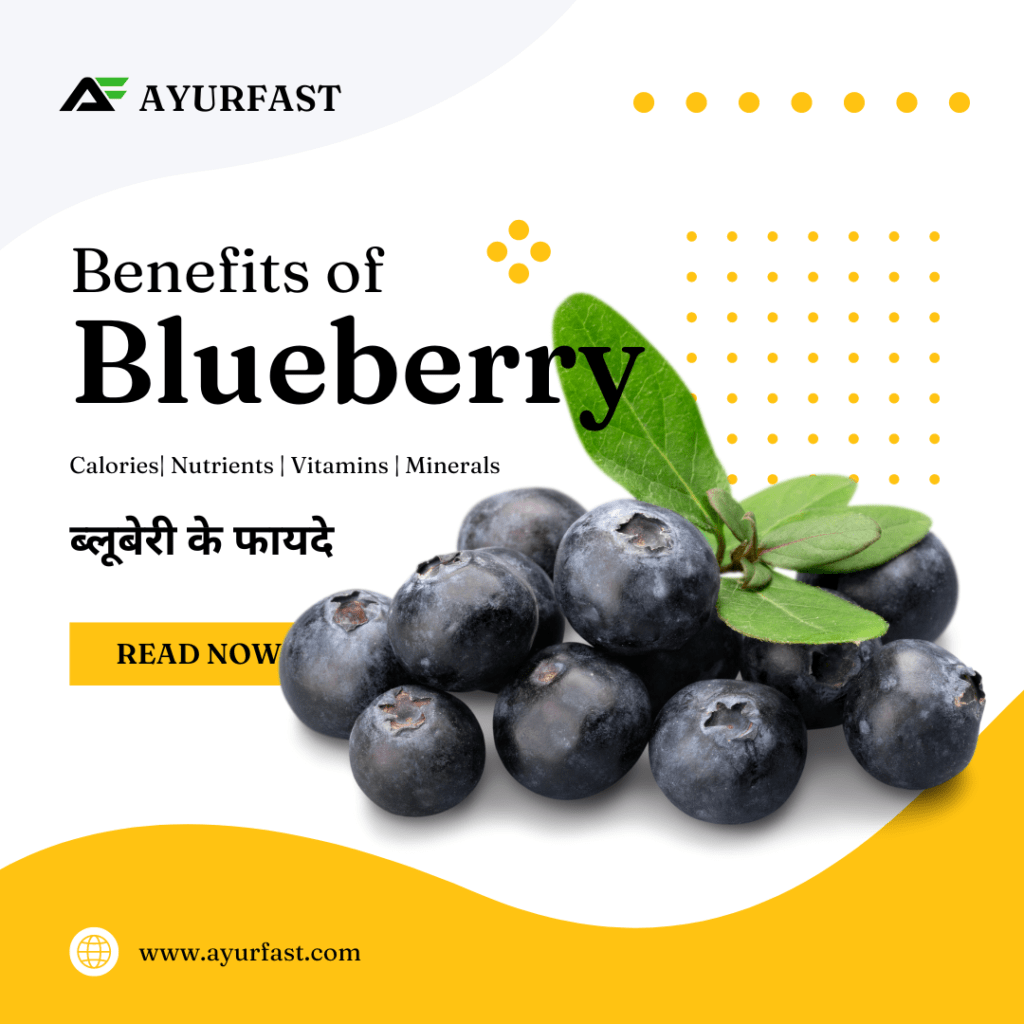About
Mangosteen is a tropical fruit that is native to Southeast Asia, although it is now grown in other parts of the world as well. The fruit is round in shape and has a hard purple-brown outer shell. Inside, it contains soft, white, juicy flesh that is sweet and tangy.
Health Benefits:
-
Anti-inflammatory properties: Mangosteen contains xanthones, a type of antioxidant that has anti-inflammatory properties. This can help reduce inflammation in the body and may help relieve symptoms of conditions such as arthritis and other inflammatory diseases.
-
Immune system booster: Mangosteen is rich in vitamin C, which is known to boost the immune system. This can help protect the body against infections and diseases.
-
Anti-cancer properties: Some studies have suggested that mangosteen may have anti-cancer properties due to its high levels of antioxidants.
-
Cardiovascular health: Mangosteen may help reduce the risk of heart disease by reducing inflammation and improving blood flow.
-
Digestive health: The fiber content in mangosteen can help promote digestive health by aiding in bowel movements and preventing constipation.
Diseases that can be cured:
There is no conclusive evidence that mangosteen can cure any particular disease. However, its antioxidant and anti-inflammatory properties may help improve symptoms of certain conditions.
Energy and Macronutrient content of 50 grams of Mangosteen
| Nutrient | Amount |
|---|---|
| Calories | 22 |
| Carbohydrates | 5.7 g |
| Protein | 0.4 g |
| Fat | 0.1 g |
| Fiber | 1.0 g |
| Water | 42.8 g |
The vitamin content of 50 grams of Mangosteen
| Vitamin | Amount |
|---|---|
| Vitamin A | 12 mcg |
| Vitamin B1 | 0.01 mg |
| Vitamin B2 | 0.02 mg |
| Vitamin B3 | 0.28 mg |
| Vitamin B6 | 0.04 mg |
| Vitamin B12 | 0 mcg |
| Vitamin C | 9.7 mg |
| Vitamin D | 0 mcg |
| Vitamin E | 0.3 mg |
| Vitamin K | 2.9 mcg |
| Folate | 13 mcg |
| Biotin | 0.1 mcg |
The mineral content of 50 grams of Mangosteen
| Mineral | Amount |
|---|---|
| Calcium | 5 mg |
| Iron | 0.1 mg |
| Iodine | 0 mcg |
| Zinc | 0.1 mg |
| Magnesium | 12 mg |
| Phosphorus | 6 mg |
| Potassium | 70 mg |
| Sodium | 1 mg |
| Chloride | 5 mg |
| Copper | 0.03 mg |
| Chromium | 0 mcg |
| Fluoride | 0 mcg |
| Molybdenum | 0 mcg |
| Manganese | 0.1 mg |
| Selenium | 0.1 mcg |
What is Mangosteen and where does it come from?
Mangosteen is a tropical fruit native to Southeast Asia but now grown in other parts of the world as well. It has a round shape with a hard purple-brown outer shell and sweet, tangy, white juicy flesh inside.
What are the health benefits of Mangosteen?
Mangosteen has several health benefits, including anti-inflammatory properties, immune system boosting, potential anti-cancer effects, and support for cardiovascular and digestive health.
How does Mangosteen's anti-inflammatory properties help the body?
Mangosteen contains xanthones, a type of antioxidant that has anti-inflammatory properties, which can help reduce inflammation and alleviate symptoms of conditions like arthritis.
Is Mangosteen a good source of vitamin C?
Yes, Mangosteen is rich in vitamin C, which is known to boost the immune system and protect the body against infections and diseases.
Can Mangosteen help prevent or fight against cancer?
Some studies suggest that Mangosteen's high levels of antioxidants may have anti-cancer properties, although more research is needed.
How can Mangosteen benefit cardiovascular health?
Mangosteen may help reduce the risk of heart disease by reducing inflammation and improving blood flow.
Does Mangosteen promote digestive health?
Yes, the fiber content in Mangosteen can aid in digestion, promote bowel movements, and prevent constipation.
Can Mangosteen cure specific diseases?
While Mangosteen's antioxidant and anti-inflammatory properties may improve symptoms of certain conditions, there is no evidence to support that it can cure any particular disease.
What are the energy and macronutrient content of Mangosteen per 50 grams?
In a 50-gram serving, Mangosteen contains 22 calories, 5.7 grams of carbohydrates, 0.4 grams of protein, and 0.1 grams of fat.
What are the vitamins found in Mangosteen per 50 grams?
In a 50-gram serving, Mangosteen contains vitamin A, B1, B2, B3, B6, C, D, E, K, folate, and biotin.
What minerals are present in Mangosteen per 50 grams?
In a 50-gram serving, Mangosteen contains calcium, iron, zinc, magnesium, phosphorus, potassium, sodium, chloride, copper, chromium, fluoride, molybdenum, manganese, and selenium.
How can I incorporate Mangosteen into my diet?
Mangosteen can be eaten fresh, added to fruit salads, blended into smoothies, or used to make juices and sorbets.
Are there any side effects of consuming Mangosteen?
Mangosteen is generally safe when consumed in moderation. However, some people may experience allergic reactions, so it's essential to monitor for any adverse effects.
Is Mangosteen considered an exotic fruit?
Yes, Mangosteen is considered an exotic fruit due to its unique appearance and limited availability in some regions.
Can Mangosteen supplements provide similar health benefits?
Mangosteen supplements may offer some health benefits, but it's best to consume the whole fruit to get the full range of nutrients and antioxidants.
Can Mangosteen be beneficial for arthritis patients?
Mangosteen's anti-inflammatory properties may provide relief for arthritis patients by reducing inflammation and easing joint pain.
How does Mangosteen taste compared to other fruits?
Mangosteen has a sweet and tangy flavor, often described as a combination of peach, strawberry, and citrus notes.
Is Mangosteen a low-calorie fruit?
Yes, Mangosteen is low in calories, making it a suitable choice for those looking to manage their calorie intake.
Can Mangosteen be part of a weight loss diet?
Yes, Mangosteen's fiber content can help reduce appetite and support weight loss goals.
Are there any traditional uses of Mangosteen in Southeast Asia?
Yes, in Southeast Asia, Mangosteen has been used in traditional medicine for its potential health benefits and natural healing properties.









